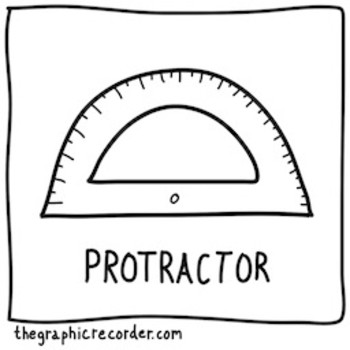How does energy relate to waves?
1 Answer
The energy of an electromagnetic wave is proportional to its frequency. For waves due to simple harmonic motions of individual particles, the energy is related to the particle's mass and maximum displacement, or alternatively the maximum displacement along with the elasticity of any spring involved.
Explanation:
The Planck's Equation sets forth the relationship between the energy
The total mechanical energy of an object undergoing simple harmonic motion consists of two parts: potential energy and kinetic energy.
e.g., at the trough position of a pendulum.
Letting
The total mechanical energy of the system can be calculated with
as long as the mass and maximum kinetic energy of the object undergoing SHM are given.
Additionally, for an object connected to a spring of elasticity
where

